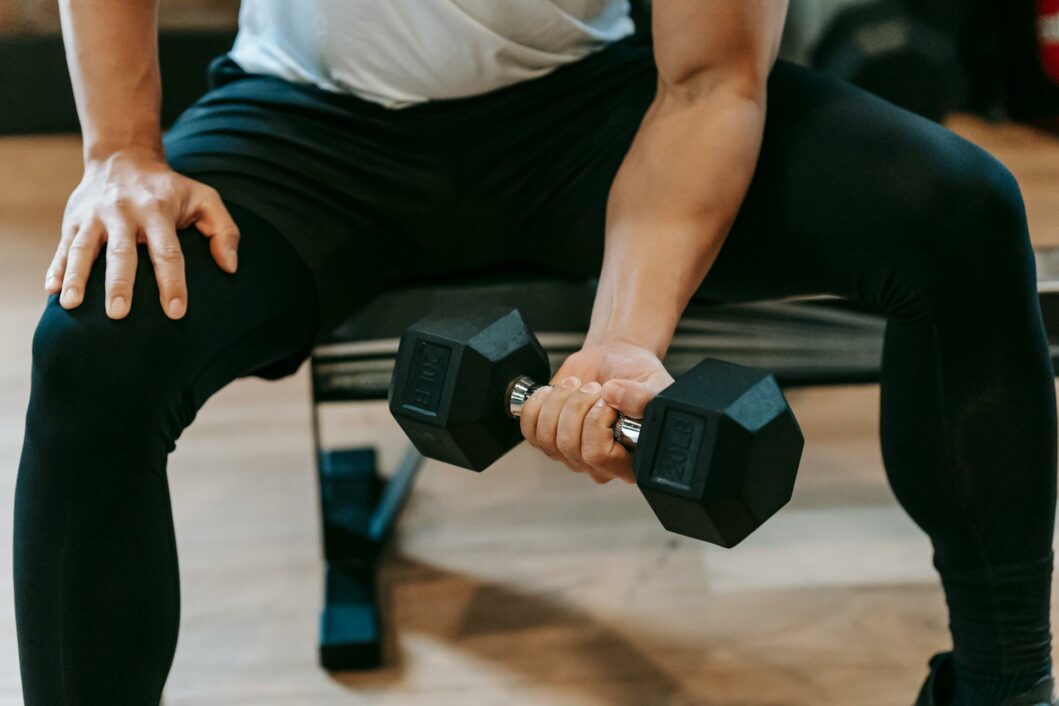Building a good physique is a goal that requires dedication, consistency, and a well-rounded approach. Whether you’re aiming to improve your overall health, enhance athletic performance, or achieve a specific aesthetic, the following strategies will guide you towards your fitness goals.

1. Set Clear Goals
The first step in building a good physique is setting clear, realistic goals. Determine what you want to achieve: muscle gain, fat loss, increased strength, or improved endurance. Having specific, measurable, attainable, relevant, and time-bound (SMART) goals helps keep you motivated and focused.
2. Create a Balanced Workout Plan
A well-rounded workout plan is essential for building a good physique. Incorporate a mix of strength training, cardiovascular exercise, and flexibility work.
- Strength Training: Engage in weightlifting or resistance exercises at least three times a week. Focus on compound movements like squats, deadlifts, bench presses, and pull-ups, which work multiple muscle groups and promote overall muscle growth.
- Cardiovascular Exercise: Include cardio sessions such as running, cycling, or swimming to improve heart health and aid in fat loss. Aim for at least 150 minutes of moderate-intensity or 75 minutes of high-intensity cardio per week.
- Flexibility and Mobility: Incorporate stretching and mobility exercises to enhance flexibility, prevent injuries, and improve overall movement quality. Yoga and dynamic stretching are excellent options.
3. Prioritize Nutrition
Nutrition plays a crucial role in building a good physique. Focus on a balanced diet that provides the necessary nutrients to fuel your workouts and support muscle recovery.
- Protein: Consume adequate protein to promote muscle repair and growth. Include sources like lean meats, fish, eggs, dairy, legumes, and plant-based proteins.
- Carbohydrates: Carbohydrates provide energy for your workouts. Choose complex carbs like whole grains, fruits, and vegetables for sustained energy release.
- Fats: Healthy fats are essential for hormone production and overall health. Include sources like avocados, nuts, seeds, and olive oil.
- Hydration: Stay hydrated by drinking plenty of water throughout the day. Proper hydration aids in digestion, nutrient absorption, and muscle function.
4. Get Adequate Rest and Recovery
Rest and recovery are vital components of any fitness plan. Muscles need time to repair and grow after intense workouts. Aim for 7-9 hours of quality sleep each night to support recovery. Incorporate rest days into your workout routine to prevent overtraining and reduce the risk of injury.
5. Monitor Progress and Adjust
Regularly track your progress to stay motivated and make necessary adjustments. Keep a workout journal, take progress photos, or use fitness apps to monitor changes in strength, muscle size, and body composition. Adjust your workout intensity, volume, and nutrition based on your progress and any plateaus you encounter.

